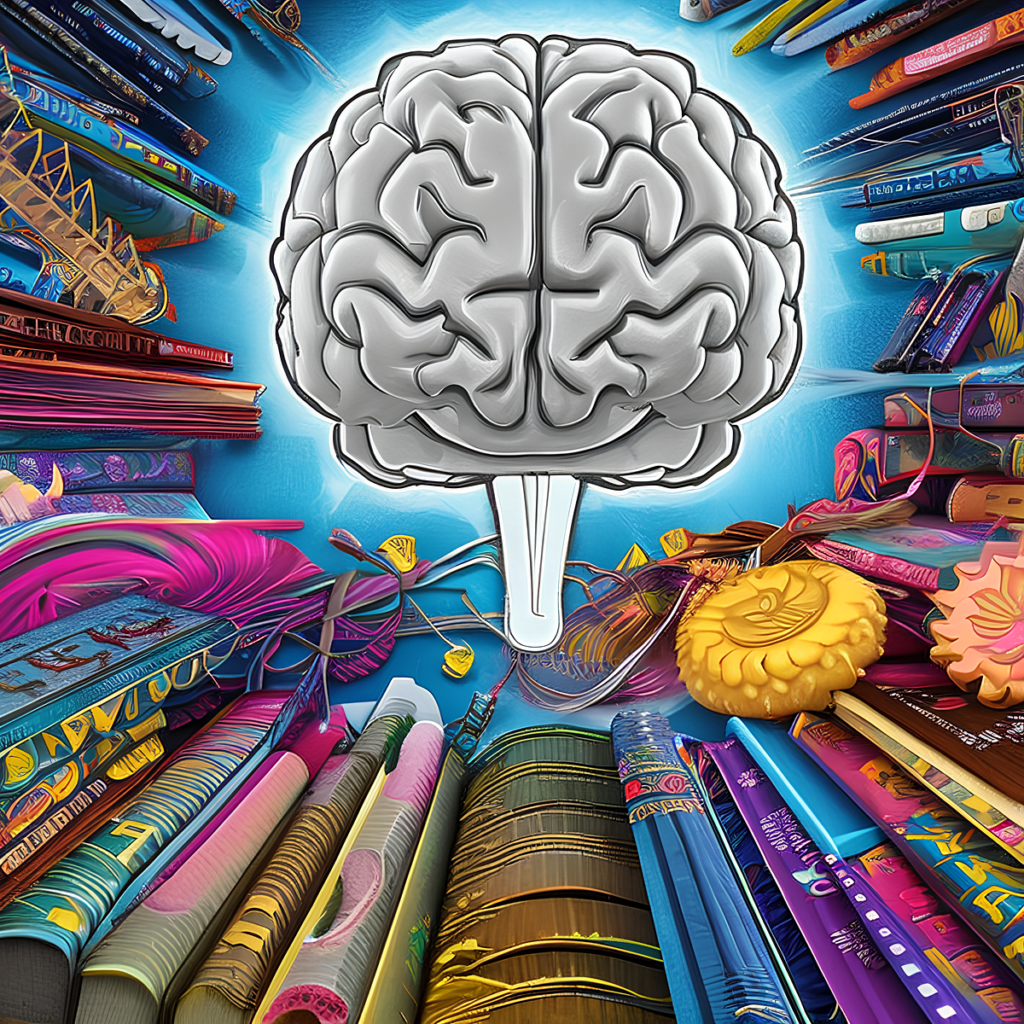
Introduction
Welcome to an enlightening exploration into the realm of neuroeducation, where cutting-edge research and scientific breakthroughs converge to reshape the future of learning. In this comprehensive article, we delve into the captivating world of neuroeducation, uncovering its potential to revolutionize traditional education systems and unlock the full cognitive prowess of students.
Embracing the Neuroeducation Revolution

Neuroeducation, also known as brain-based learning, stands at the forefront of a new era in education. By leveraging the insights from neuroscience, educators can tailor their teaching methodologies to align with the intricate workings of the human brain. The result? A transformative educational experience that optimizes learning outcomes and empowers students with valuable skills for the 21st century.
Unveiling the Benefits of Neuroeducation

Extensive research has unveiled a myriad of benefits associated with neuroeducation, elevating it as a game-changer in the field of learning and cognition. By implementing brain-based teaching techniques, educators can tap into the true potential of students, fostering enhanced engagement, improved memory retention, and deeper conceptual understanding.
Example 1: Unleashing the Power of Multisensory Learning
In the realm of neuroeducation, multisensory learning takes center stage as a powerful tool to facilitate knowledge acquisition. By incorporating visual, auditory, and kinesthetic elements into lessons, educators create a dynamic and immersive learning environment. This approach not only enhances information retention but also stimulates creativity, critical thinking, and problem-solving skills.
Example 2: Nurturing Emotional Intelligence for Optimal Learning
Neuroeducation acknowledges the pivotal role of emotions in the learning process. By cultivating a positive and emotionally supportive classroom climate, educators can foster a conducive environment for effective learning. Research has shown that students who feel emotionally safe and supported demonstrate higher academic achievement, increased motivation, and improved overall well-being.
Embracing Technological Advancements in Neuroeducation

In the digital age, technology serves as a catalyst for educational innovation. Neuroeducation harnesses the power of technology to create immersive and personalized learning experiences. Virtual reality simulations, interactive online platforms, and adaptive learning algorithms enable educators to cater to individual student needs, paving the way for more effective and engaging educational practices.
Addressing Challenges on the Path to Neuroeducation
https://www.educationdevelopmenttrust.com/~/media/EDT/Reports/Research/2014/r-neuroscience-2014.pdf

While the potential of neuroeducation is vast, implementation is not without its challenges. Overcoming resistance to change, securing necessary resources, and providing comprehensive teacher training are key considerations for successful adoption. However, as the evidence base expands and awareness grows, educators and institutions are increasingly recognizing the value of neuroeducation and taking steps to integrate it into their pedagogical practices.
Paving the Way for the Future of Learning

The future of education lies in the hands of neuroeducation. By merging the realms of neuroscience and education, we embark on an exciting journey of continuous improvement and innovation. Ongoing collaboration between researchers, educators, and policymakers promises a future where learning is personalized, engaging, and optimized for each student’s unique abilities and aspirations.
Conclusion
Neuroeducation is poised to transform the landscape of education, paving the way for a future where every learner can unlock their full potential. By embracing the principles of brain-based learning, educators can ignite a passion for knowledge, nurture critical thinking skills, and equip students with the tools they need to thrive in an ever-evolving world. The neuroeducation revolution has begun, and the possibilities are limitless.
Certainly! Here are some highly recommended books and authors that delve into the fascinating area of neuroeducation, brain-based learning, and educational neuroscience:
- “Neuroteach: Brain Science and the Future of Education” by Glenn Whitman and Ian Kelleher
- “The Brain-Targeted Teaching Model for 21st-Century Schools” by Mariale Hardiman
- “Neuroscience for Teachers: Applying Research Evidence from Brain Science” by Richard Churches, Eleanor Dommett, and Ian Devonshire
- “Visible Learning for Teachers: Maximizing Impact on Learning” by John Hattie
- “The Power of Mindful Learning” by Ellen J. Langer
- “Educational Neuroscience: Development Across the Life Span” by Donna Coch and Kathleen M. Fischer
- “Neurodiversity in the Classroom: Strength-Based Strategies to Help Students with Special Needs Succeed in School and Life” by Thomas Armstrong
- “Mind, Brain, and Education Science: A Comprehensive Guide to the New Brain-Based Teaching” by Tracey Tokuhama-Espinosa
- “The Reading Mind: A Cognitive Approach to Understanding How the Mind Reads” by Daniel T. Willingham
- “Teaching with the Brain in Mind” by Eric Jensen
These books provide valuable insights, research findings, and practical strategies for educators, parents, and anyone interested in the intersection of neuroscience and education. They offer evidence-based approaches to enhance teaching practices, improve student engagement, and optimize learning outcomes.
THANK YOU
